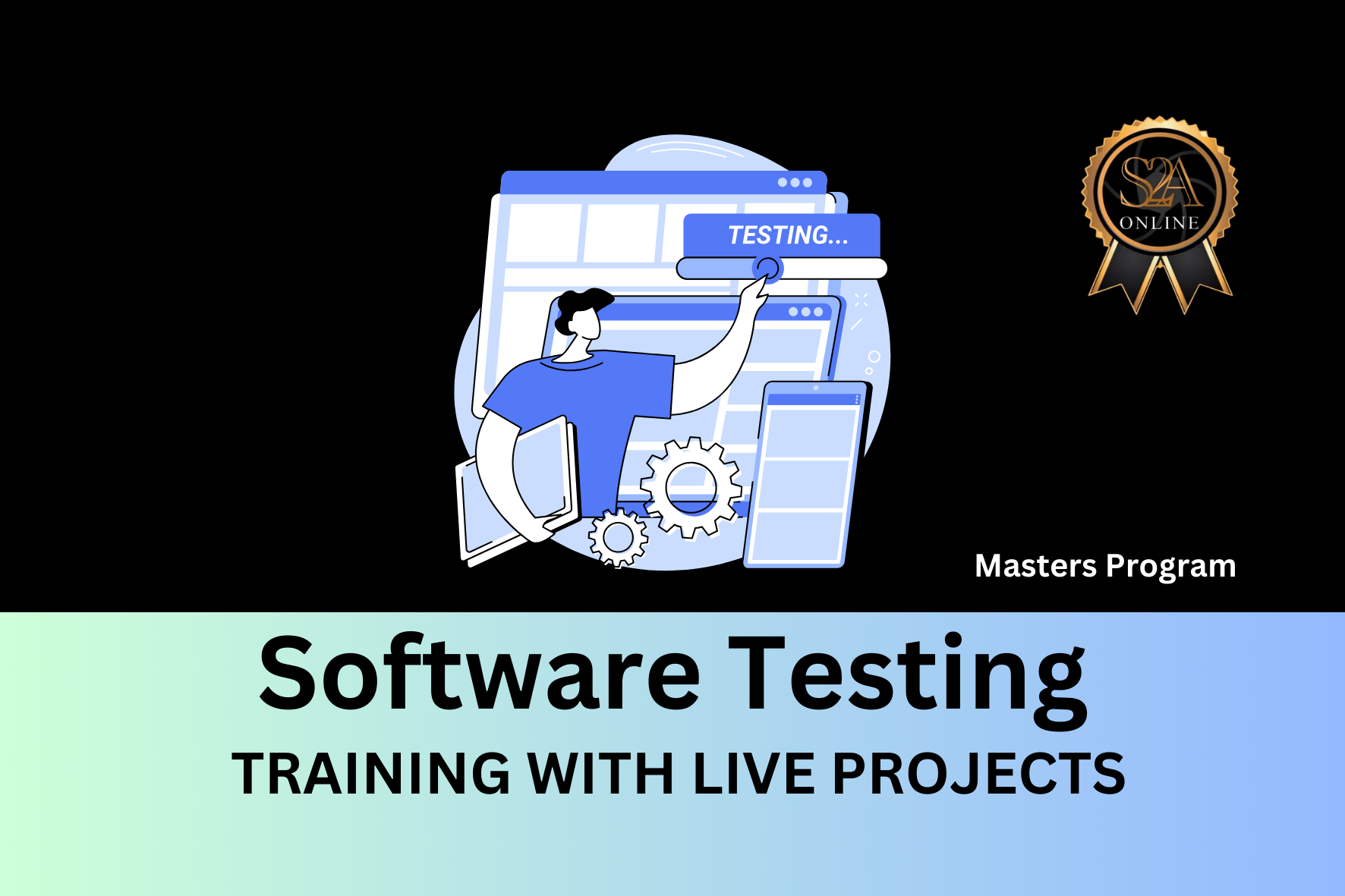Software Testing

About Course
Software Testing Intern (4-Month Program)
Begin on an immersive 4-month Software Testing Internship and delve deep into the field of software quality assurance. This comprehensive program offers an extended opportunity to gain hands-on experience in testing software applications, identifying defects, and ensuring product quality. Under the guidance of experienced QA professionals, you will learn various testing methodologies, tools, and techniques while contributing to real-world projects. Whether you’re a student looking to kickstart your career in software testing or an individual eager to gain practical skills in quality assurance, this internship provides a valuable platform for learning and professional growth over an extended period.
Classes Duration
- Weekend Session Duration ( 4 Months) 2 Sessions Per Week of 2 Hours
- Weekday Session Schedule ( 2 Months ) 4 Sessions Per Week of 2 Hours
Student Ratings & Reviews

